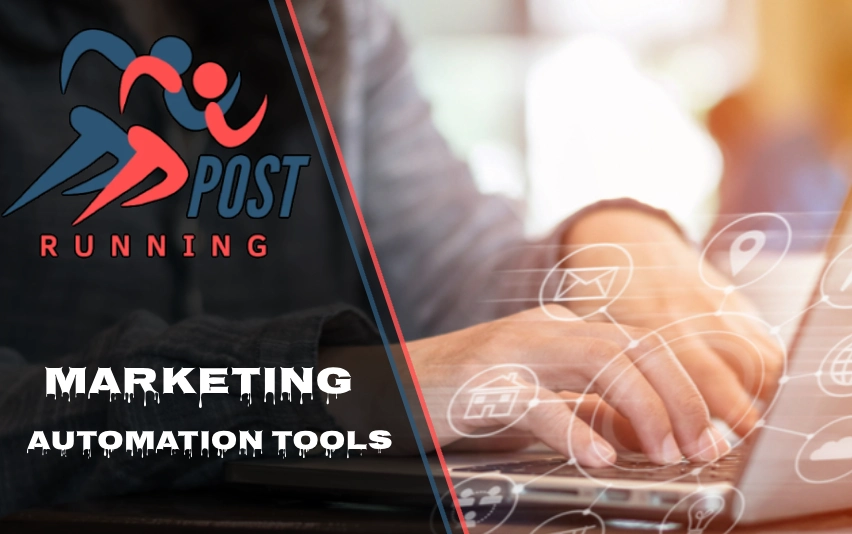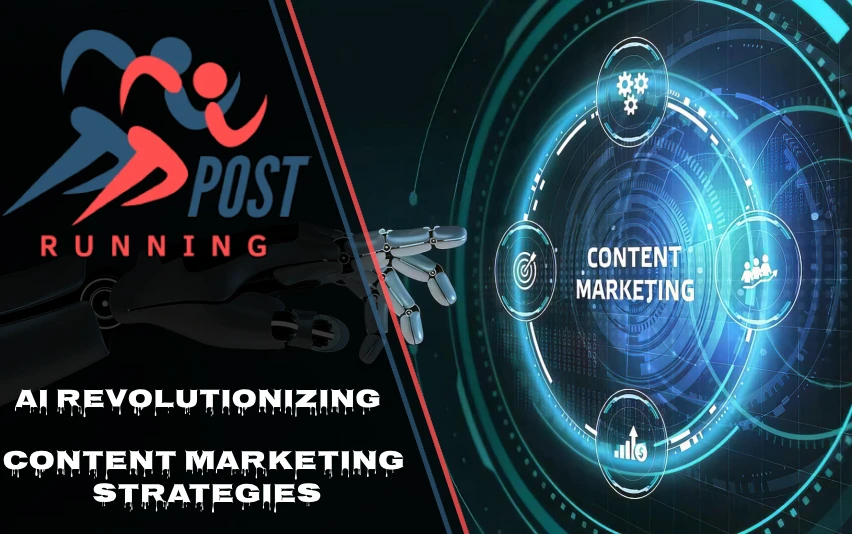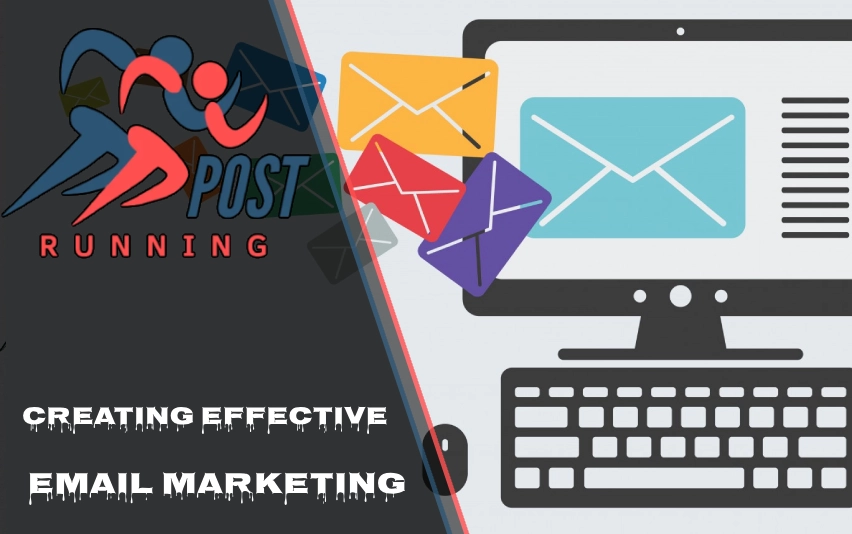In today’s fast-paced digital world, businesses are constantly seeking ways to streamline their marketing efforts and improve overall efficiency. One of the most effective solutions to this challenge is the implementation of marketing automation tools. These powerful software platforms offer a wide range of benefits that can significantly impact a company’s marketing strategies and overall success. Let’s dive into the world of marketing automation and explore the numerous advantages it brings to businesses of all sizes.
Introduction
Marketing automation tools have become an essential component for businesses looking to enhance their marketing strategies and improve customer engagement. These innovative solutions offer a plethora of benefits that can revolutionize a company’s marketing efforts and drive success. By leveraging the power of automation, businesses can streamline their processes, save time, and focus on what really matters: creating meaningful connections with their target audience.
What are Marketing Automation Tools?
Before we delve into the benefits, it’s important to understand what marketing automation tools actually are. In simple terms, marketing automation tools are software platforms that help businesses automate repetitive marketing tasks, streamline workflows, and manage customer interactions across multiple channels. These tools act as a central hub for all marketing activities, allowing teams to plan, execute, and analyze their campaigns more effectively.
Think of marketing automation tools as your digital marketing assistant, working tirelessly behind the scenes to ensure your marketing efforts are running smoothly and efficiently. From email campaigns to social media posts, these tools can handle a wide range of tasks, freeing up your team to focus on strategy and creativity.
Key Benefits of Implementing Marketing Automation Tools
Now that we have a clear understanding of what marketing automation tools are, let’s explore the numerous benefits they offer to businesses.
Improved Efficiency and Time-Saving
One of the most significant advantages of implementing marketing automation tools is the dramatic improvement in efficiency and time-saving. These tools significantly reduce the time spent on repetitive tasks, allowing marketing teams to focus on strategic initiatives and creativity.
Imagine being able to schedule an entire month’s worth of social media posts in just a few hours, or setting up an email campaign that automatically sends personalized messages to your subscribers based on their behavior. That’s the power of marketing automation. By automating these time-consuming tasks, your team can dedicate more time to developing innovative marketing strategies and creating compelling content.
This increased efficiency leads to faster campaign launches and better resource utilization. Instead of spending hours on manual data entry or scheduling, your team can use that time to analyze campaign performance, brainstorm new ideas, or engage with customers directly.
Enhanced Lead Nurturing and Conversion
Another significant benefit of marketing automation tools is their ability to enhance lead nurturing and conversion. Automated workflows enable businesses to nurture leads more effectively through the sales funnel. By providing relevant content and information at each stage of the customer journey, companies can improve their lead conversion rates.
For example, a marketing automation tool can track a potential customer’s interactions with your website and automatically send them targeted content based on their interests. If a lead downloads a whitepaper about a specific product, the system can automatically follow up with related case studies or a personalized demo offer. This level of personalized attention helps move leads through the sales funnel more quickly and efficiently.
Personalized Customer Experiences
In today’s competitive market, personalization is key to standing out from the crowd. Marketing automation tools collect and analyze customer data, enabling highly personalized communication and tailored customer journeys. This personalization increases the relevance of marketing messages and improves customer engagement.
With marketing automation, you can segment your audience based on various criteria such as demographics, behavior, or purchase history. This allows you to create targeted campaigns that speak directly to each segment’s needs and interests. For instance, you could send different email content to new customers versus long-time loyal customers, ensuring that each group receives information that’s most relevant to them.
Data-Driven Decision Making
One of the most powerful benefits of marketing automation tools is their ability to provide valuable insights and analytics. These tools collect and analyze data from various sources, allowing marketers to make data-driven decisions for future campaigns. This leads to more effective marketing strategies and improved ROI.
With marketing automation, you can track key performance indicators (KPIs) in real-time, giving you a clear picture of how your campaigns are performing. You can see which emails have the highest open rates, which social media posts generate the most engagement, or which landing pages convert the most leads. Armed with this information, you can continuously refine and optimize your marketing efforts for better results.
Better Alignment Between Marketing and Sales
Marketing automation tools play a crucial role in bridging the gap between marketing and sales teams. By providing a centralized platform for both teams to access customer data and campaign performance, these tools help optimize campaign expenditures and accelerate the generation of marketing-qualified leads.
For example, when a lead reaches a certain score based on their interactions with your marketing content, the automation tool can automatically notify the sales team that it’s time to reach out. This ensures that sales reps are contacting leads at the right time, increasing the chances of conversion. Additionally, the sales team can provide feedback on lead quality, helping the marketing team refine their targeting and content strategies.
Improved Customer Retention
While acquiring new customers is important, retaining existing ones is equally crucial for long-term business success. Marketing automation tools support loyalty programs and other retention strategies, helping businesses foster brand loyalty and build stronger customer relationships.
For instance, you can set up automated campaigns that send personalized offers or content to customers based on their purchase history or engagement level. A customer who hasn’t made a purchase in a while might receive a special discount, while a frequent buyer might get early access to new products. These personalized touches help keep your brand top-of-mind and encourage repeat business.
Timeline of Marketing Automation Adoption
To fully appreciate the impact of marketing automation tools, it’s helpful to look at their evolution over time:
- Early 2000s: This period saw the introduction of basic email automation tools. These early solutions focused primarily on sending mass emails and tracking open rates.
- Mid-2000s: As technology advanced, more sophisticated marketing automation platforms began to emerge. These tools offered expanded capabilities such as lead scoring, website tracking, and basic CRM integration.
- 2010s: The 2010s marked a period of widespread adoption of marketing automation across industries. Companies of all sizes began to recognize the value of these tools in streamlining their marketing efforts and improving customer engagement.
- Present: Today, we’re seeing the integration of AI and machine learning into marketing automation tools. These advanced technologies are enabling even more sophisticated personalization, predictive analytics, and automated decision-making.
Conclusion
Implementing marketing automation tools offers numerous benefits for businesses, including improved efficiency, better lead nurturing, enhanced personalization, and data-driven decision-making. These tools have revolutionized the way companies approach marketing, allowing them to create more targeted, effective campaigns while saving time and resources.
As marketing automation tools continue to evolve, incorporating advanced technologies like AI and machine learning, they will play an increasingly important role in helping companies achieve their marketing goals and drive growth. By leveraging these powerful tools, businesses can stay competitive in today’s fast-paced digital landscape, delivering personalized experiences that resonate with their audience and drive real results.
In an era where customer expectations are higher than ever, marketing automation tools provide the means to meet and exceed these expectations, fostering stronger relationships and driving business success. As we look to the future, it’s clear that marketing automation will continue to be a critical component of successful marketing strategies, helping businesses of all sizes to reach their full potential.
Discover more fascinating insights—explore Running Posts today.















